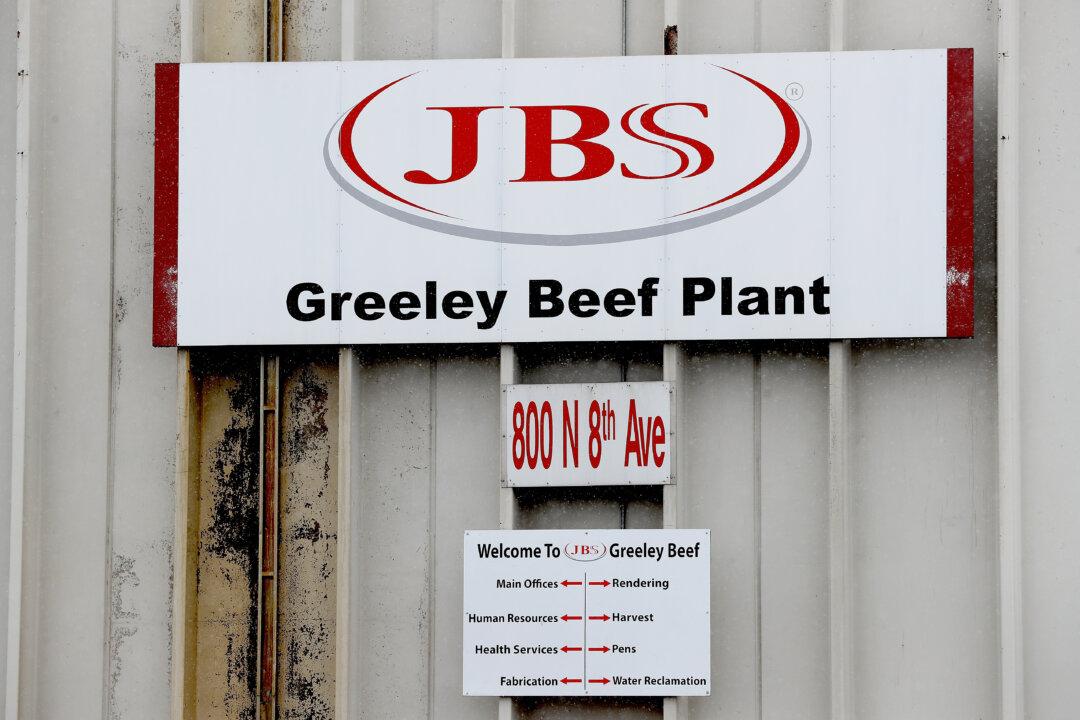The world’s largest meat processor, Brazil’s J&F Investimentos SA (J&F), pleaded guilty to bribery in a U.S. federal court Wednesday after paying almost $180 million in bribes to Brazilian government officials. According to a statement from the U.S. Department of Justice, J&F employees and agents paid the massive bribes through bank accounts based in New York, with the aim of obtaining Brazilian government financing to expand its operations in the United States.
J&F is a vast holding company that is the majority shareholder in JBS, a meat-processing giant that claims to be the largest protein-producing company in the world. JBS has extensive beef, pork, poultry, and other meat processing operations across the United States. At the Federal Court in Brooklyn on Wednesday, J&F agreed to pay a criminal fine of over $256 million.





